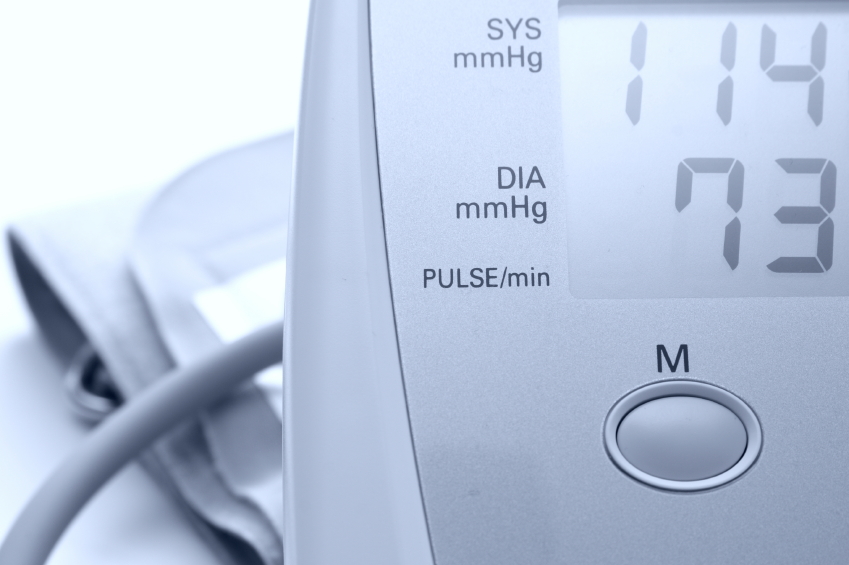It does not matter what brand you buy, so long as they are clinically validated.
I used to take a medication which required weekly monitoring, so I was told to buy one to do it for myself. That one was an Omron, simply because it was the brand the G.P. surgery uses, though the hospital does not.
As I had changed medications I lent it to my parents when they had medical problems, I was being periodically monitored at hospital clinics anyway. However because I am shielding I was told it would be good to monitor myself, as I cannot attend anywhere, but unfortunately my monitor was now 150 miles away.
This is the list I was sent from my surgery of recommended clinically validated monitors:
We are currently experiencing some technical difficulties with our below list where a few monitors are not visible. Please view […]

bihsoc.org
It was a little out of date, as some of the models had been discontinued, so in end I bought an AND UA-611. It was the cheapest I could find which was validated, even though it was not on the list. But it seems it has been maintained during lockdown as it is now on there. Although it is in the under £100 category, it only cost about £20.
But any clinically validated meter is as good as any other regardless of brand or price. The more you pay the more features you get.
My Omrom has two sets of memories for different users, and buttons to allow easy access to scroll though past readings, with date stamps, as well as being able to show averages across several readings. It also had a 'wrap' cuff, which is like a self-tightening tube so you just put your arm through it and are ready to go.
The AND one though only has a single, smaller, memory, no date stamps, and because it has a single button, scrolling through past readings is painful. It also has a traditional type of cuff where you have to put your arm through a fabric sleeve then manually tighten it and use a velcro fastening.
Both have irregular heart beat detection, and indicate whether a reading is good, okay, or bad. The Omron also had a storage case which the AND does not, though it needed it because of the shape of the cuff means it cannot be flattened. Overall the AND kept in its original card box box is slightly smaller and easier to store than the bigger soft case for the Omron.
Those are the sorts of differences the price makes.
Personally I always take three readings, a few minutes apart, simply because that is what the surgery always does when I visit. I then note them down so I can send them off to the surgery as they requested. So the memory features are not important to me. And I live alone so have no need for separating readings by person either.
The fabric cuff is more fiddly to fasten than the wrap one, but the difference is not so much that it is worth paying extra for. In hindsight I think I overspent on the Omron one.

